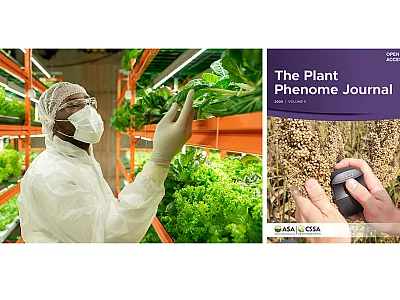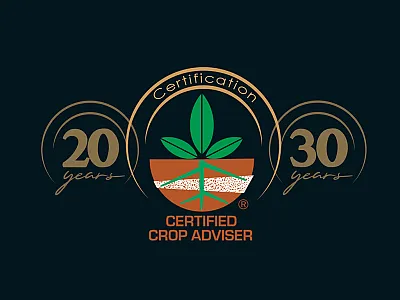Combatting Drought With Water-Absorbent Polymers
August 20, 2024

Drought can be a major problem for tomatoes, particularly in changing climates. Water-absorbent polymers help retain moisture in the soil, allowing tomatoes to thrive. However, high costs can make it difficult for farmers to use them.
In this episode, Dr. Sanandam Bordoloi discusses his research on developing more affordable and effective water-absorbent polymers using the waste material fly ash.
Self-Study CEU Quiz
Earn 0.5 CEUs in Soil & Water Management by taking the quiz at https://bit.ly/4dI7nWf.
- The water-absorbing polymers (WAPS) are used as a foliar spray in the field.
- True.
- False.
- How do water-absorbing polymers help in drought stress for crop production?
- They have a high affinity to water.
- They can absorb water and release it during drought periods.
- They improve water retention capacity of soil.
- All of the above.
- Water-absorbing polymers increase yield by increasing
- soil water availability to plants.
- nutrient availability to plants.
- plant defense against disease.
- plant defense against insects.
- Water-absorbing polymers made from fly ash are better than traditional polymers because
- they are made from waste materials.
- they are cheaper in cost.
- they are easy to use in the field.
- All of the above.
- Scientists found that these polymers significantly alter the soil microbiome.
- True.
- False.
Text © . The authors. CC BY-NC-ND 4.0. Except where otherwise noted, images are subject to copyright. Any reuse without express permission from the copyright owner is prohibited.









